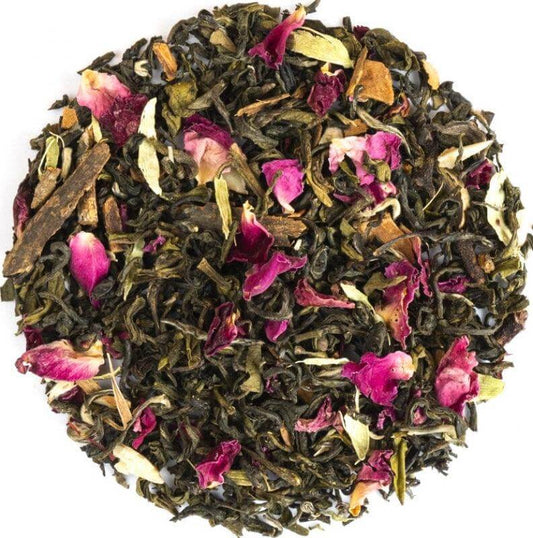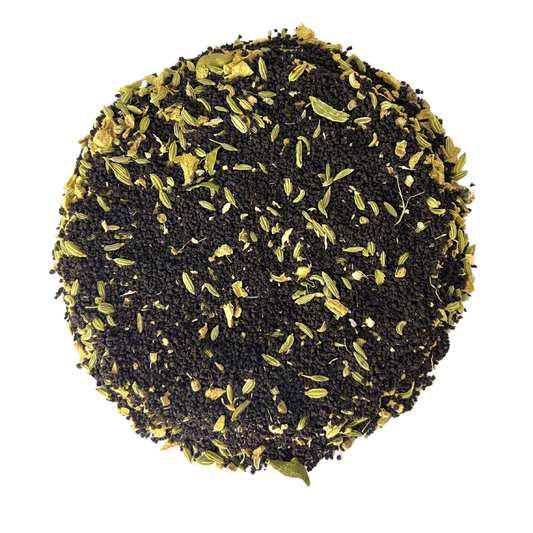A SMALL WORLD AT BUKIM TEA ESTATE BEFORE INDEPENDENCE.
“We Nepalis were so naive and credulous during the British rule. I still remember frantically hiding from aeroplanes roaring in the sky, fearing that we would share the same fate as the citizens of Japan.” said Mr T.B Rai, a retired worker at Bukim Tea Estate. Bukim Tea Garden of Thorbu village is one of the many tea gardens of Darjeeling with a captivating folklore of its own. Legend has it that, tea was first planted there by a native of the Thorbu village for his livelihood. However, after India was infiltrated by the British, the villagers were in a precarious position, since their land rights had been snatched away from them, which later belonged to the company of the Britishers. Many people had migrated from a village called Bukim Aamchok of Nepal to Thorbu village who later worked as labourers in the tea gardens and this was how the tea garden of Thorbu village derived its name the “Bukim Tea Garden”.

It is ironic how the tea gardens were nothing but a mere experiment for the British to attain more power, as those tea gardens meant the world to the labourers. They had always been stalwart towards their land for all their kith and kin had been living in the vicinity for ages and the very tea leaves were the support system for their survival.
From small children to adults, the British managers had everyone wrapped around their finger. Though there was a feeling of rancour, the labourers had no choice but to play by the rules. Villagers of all age groups were labourers in the eyes of the manager and none of them was brazen enough to question the authority of the manager as they all feared that they would get banished from the village which was one of the most absolute laws called “hattabahar”. The managers had adroitly set up the posts of the labourers for their markets to thrive and their plan was always a success. The children of this age lives a more privileged life as compared to the lives of the children
of the tea estates during that time. Their mundane way of life and labourers being obliged to work at tea estates since their early childhood had become their quotidian reality. The only stages of life for the labourers at that time were their working posts starting from the age of nine to ten years, which was termed as “Lokra”(tween). The “lokra”(tween) was the initial stage/post in their path of labour. Girls and boys between the age of nine to ten were appointed to work at tea gardens to do minor work such as plucking soyabeans from the gardens, which helped in soil fertilization. The next stage/post was called “chokra”(teen), where teenagers were hired to work at tea gardens and made to carry heavy loads and given
petty jobs. Thirdly, when the teenagers turned into adults, their posts were upgraded and categorised as “aurat”(woman) and “naumarey”(novice labourers). The women and boys were made to prune, pluck and sort the tea leaves. There were no further posts available for women, they were always compared with the “naumareys” (inexperienced men) whereas the men who were skilled enough were promoted to the next stage called “marad”(men). The “sardar” (leader) of the garden appointed these men later as “kamdaris”(employers) and staff members with raised wages.

According to the labourers of the tea estate, they were treated less like humans and more like machines. Once a year they were compelled to take an antidote which made them feel like equipments taken for servicing. This antidote was a cure for cholera, to prevent hook worms infection and the locals called the medicine “Hookaram”. These type of terms are still prevalent today at the village areas as it has been imprinted in the minds of the people for generations. The tea estates themselves are still locally called “Kaman” deriving from the way the British managers ordered the labourers at work bawling, “COME ON !”. The “Sardars”(leader) of the villages appointed by the managers were responsible for hiring labourers for appropriate jobs and he in turn was awarded with commission. The manager got a buffalo on Dussehra every year for the “Sardar” to split it equally amongst the labourers as compensation. After some time the managers started giving tips instead of the buffalo meat which also satisfied the labourers. But, when the managers discontinued the tradition of awarding tips, the labourers then began protesting for “bonus”. People of India reclaimed their birthplace from the British on the 15th of August 1947, however, the villagers of the tea estates never got their land back lawfully. “ When will we get to enjoy the rays of sunshine?, When will our coming generations get the wages they deserve? We say that we are independent, but have we really found freedom? We were born here and have lived our entire lives in the tea garden, but we still have no land rights. We got independence from the British rule but we are just strangers on our own land.”, says Mr T.B Rai.







